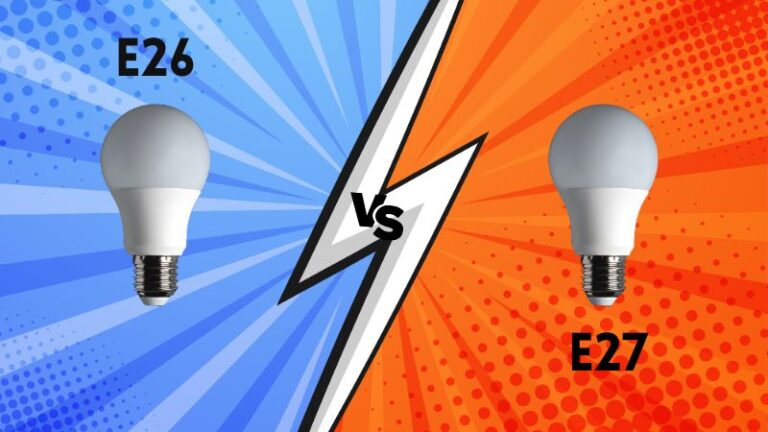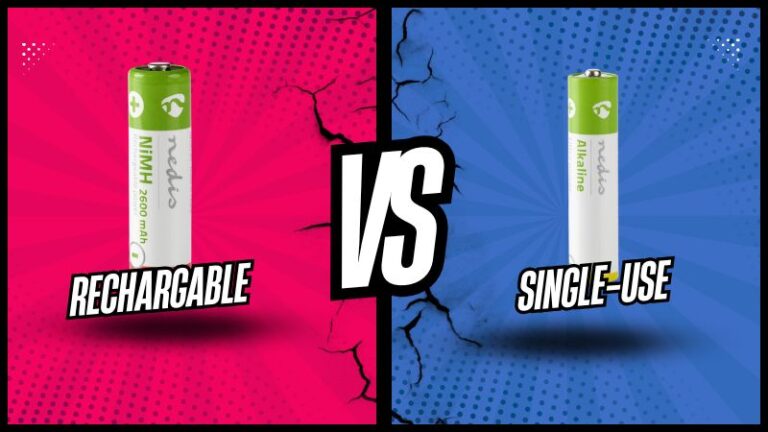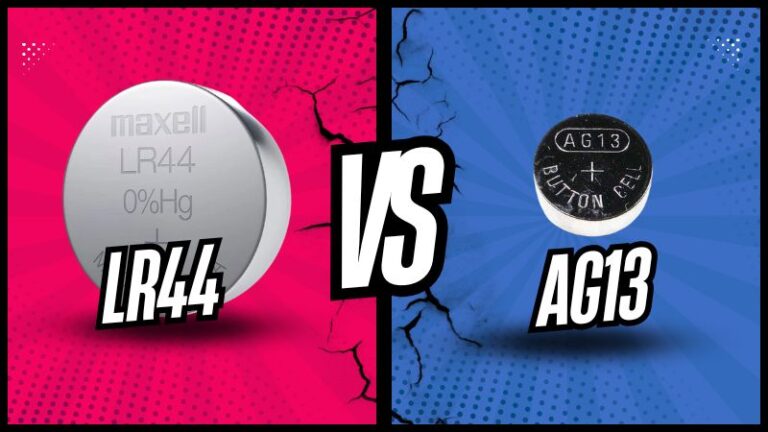Batteries are ubiquitous and essential for powering a wide range of devices in our daily lives, from remote controls to calculators, from medical equipment to key fobs. When it comes to batteries, size, and capacity are two critical factors that determine their performance and usefulness in different applications. In this article, we will compare two popular button cell batteries, CR1616 and CR2025, in terms of their specifications, applications, and advantages.
Differences Between CR1616 and CR2025
Capacity
CR1616 has a capacity of around 50mAh, whereas CR2025 has a capacity of around 160mAh. This means that CR2025 has about three times the capacity of CR1616, which translates to longer battery life and more power for devices that require a higher current draw.
Chemistry
Both CR1616 and CR2025 batteries use lithium manganese dioxide chemistry, which provides a stable and long-lasting power source. However, CR2025 also has a small amount of lithium, which makes it more efficient and effective than CR1616.
Check Also – CR1616 vs CR2032
Applications
CR1616 is commonly used in low-drain devices that require a small amount of power, such as calculators, small remote controls, and electronic toys. CR2025, on the other hand, is often used in high-drain devices that require more power, such as digital cameras, key fobs, and medical equipment. The higher capacity of CR2025 makes it more suitable for devices that need a sustained and high current draw.
Advantages
The advantages of CR1616 are its small size, low cost, and availability. It is easy to find and replace, and its compact size makes it ideal for small devices that require a discrete and compact power source. The advantages of CR2025 are its high capacity, long life, and versatility. It can power a wide range of devices, from low-drain to high-drain, and its longer life means less frequent replacement.
Table could not be displayed.Check also – CR123 vs CR123A Batteries: Is There a Difference?
Conclusion
In conclusion, CR1616 and CR2025 are two popular and reliable button-cell batteries with different capacities, chemistries, and applications. The choice between them depends on the specific needs of the device, such as the required power output, current draw, and battery life. It is always essential to check the device’s manual or specifications to ensure that the correct battery type and size are used to avoid damage to the device or potential safety hazards.




